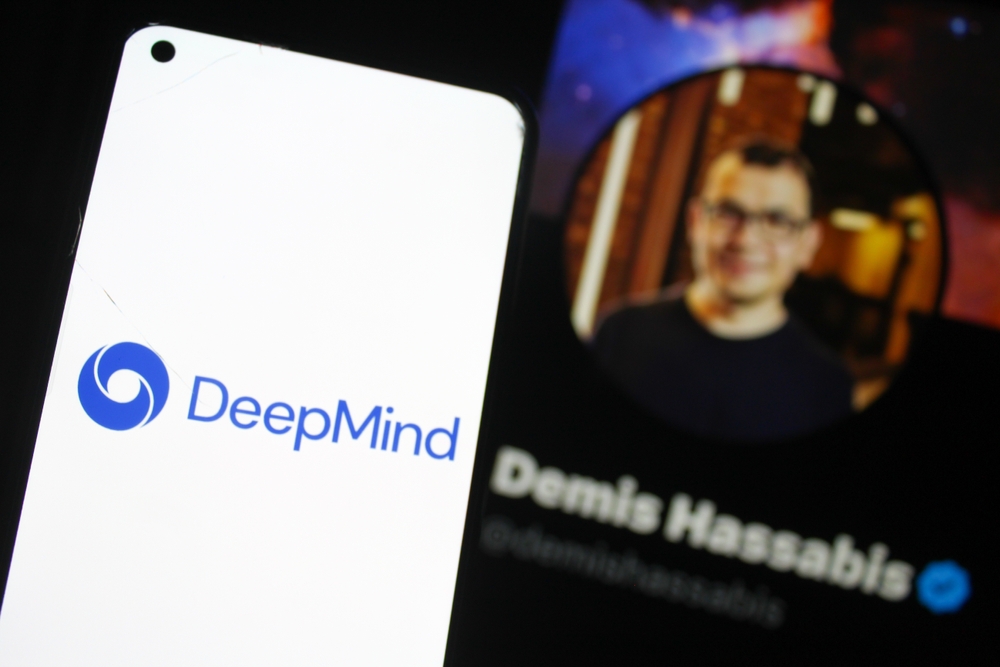As debate over a potential artificial intelligence bubble intensifies, one of the industry’s most respected leaders is adding his voice to the caution.
Others are reading now
As debate over a potential artificial intelligence bubble intensifies, one of the industry’s most respected leaders is adding his voice to the caution.
Demis Hassabis, chief executive and co-founder of Google DeepMind, said this week that some corners of the AI ecosystem show clear signs of unsustainable speculation — even as he remains optimistic about the long-term potential of the technology.
His comments come as Google launches Gemini 3, its newest flagship model, and as investors increasingly question whether the pace of investment is outrunning commercial reality.
‘Some parts are probably in a bubble’
In an interview on the Hard Fork podcast, Hassabis was asked directly whether the AI sector is in bubble territory. He pushed back on the idea that the issue can be reduced to a simple yes-or-no answer, but acknowledged troubling trends.
“It’s too binary a question,” he replied. “My view … is that there are some parts of the AI industry that are probably in a bubble. If you look at seed investment rounds being multi-ten-billion-dollar rounds with basically nothing … that might be the first signs of some kind of bubble.”
Also read
Alphabet CEO Sundar Pichai offered a similar warning in a separate interview with the BBC, saying that “no company is going to be immune” if the overheated market cools.
Opportunity still ahead
Hassabis was quick to emphasize that many parts of AI remain healthy and full of genuine promise. He pointed to Google’s new products — including the Gemini app, NotebookLM, advances in robotics and gaming, and drug-discovery work at Isomorphic Labs — as areas with long-term commercial potential.
These fields, he noted, will take time to develop into large businesses but could eventually support “half a dozen to a dozen” significant revenue streams for Alphabet.
He also stressed that AI is already generating meaningful returns inside Google’s core products, which reach billions of users.
“We have so many ideas, it’s just about execution,” he said. “A lot of that will bring in near-term revenue while we invest in the future.”
Also read
Echoes of the dot-com boom
The bubble discussion is surfacing against the backdrop of enormous valuations across the sector. Alphabet recently hit a market capitalization of $3.5 trillion. OpenAI’s valuation is reportedly near $500 billion. Nvidia briefly topped $5 trillion earlier this year.
But the market has become jittery. Some prominent investors have begun to pull back — with reports that Peter Thiel’s fund withdrew nearly $100 million from Nvidia, and Michael Burry taking short positions against the chipmaker and Palantir.
Pichai described the moment as “extraordinary,” but acknowledged “elements of irrationality” that recall the exuberance of the late 1990s.
Analysts warn that a correction could mirror the dot-com crash, when massive valuations collapsed, wiping out trillions in household and market wealth. Former IMF chief economist Gita Gopinath has said a similar downturn today could erase more than $20 trillion from U.S. households and $15 trillion globally.
Preparing for turbulence
Hassabis told Hard Fork that Alphabet aims to be resilient regardless of how the cycle plays out.
Also read
“I feel really good where we are, as Alphabet, whether there’s a bubble or not,” he said. “Our job is to be winning in both cases.”
If the industry continues to expand, he said, Google will be positioned to seize new opportunities. If a retrenchment hits, he believes Alphabet will be one of the companies best placed to endure the downturn.
Big moment for Gemini 3
The warnings come during a busy week for Google, which launched its Gemini 3 model on November 18. Many of its tools will roll out gradually in the United States, and analysts are watching closely to see whether the launch sustains developer interest at a time of growing market skepticism.
Hassabis, who won the 2024 Nobel Prize in Chemistry alongside colleague John Jumper for their work on AlphaFold, said DeepMind will continue focusing on science-driven research even as the broader AI market wrestles with volatility.
Sources: HardFork podcast; New York Times, BBC


